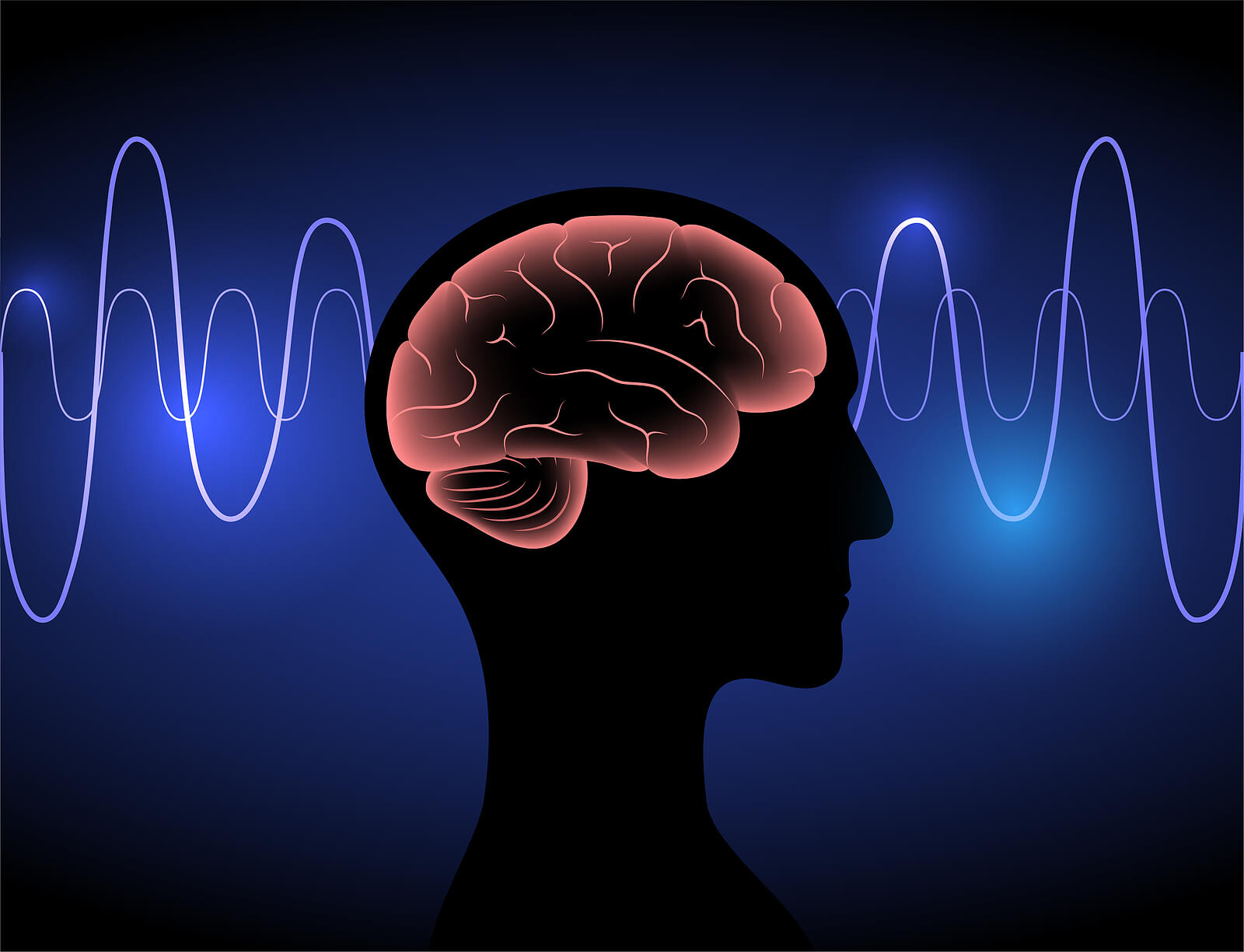Neuro-feedback is an innovative technique that assists individuals manage stress and enhance their mental well-being. It is founded on the idea that people can learn to regulate their brain activity through immediate feedback. This process involves using sensors placed on the head to measure brain activity. The data is then displayed on a monitor, allowing individuals to see their brain activity and make adjustments to encourage relaxation and focus. By utilizing the capability of neurofeedback, people can develop better management strategies for stress and boost their overall mental health.
One of the key benefits of neurofeedback is its capacity to reduce stress. When individuals face stress, their brain patterns often become erratic, leading to emotions of anxiety and tension. Neurofeedback training aids individuals recognize these patterns and understand how to shift their brain function to a more balanced state. This can be especially helpful for those who battle with anxiety disorders or chronic stress. By engaging in neurofeedback, individuals can develop a greater sense of control over their mental state, leading to enhanced emotional control and resilience.

In furthermore to stress relief, neurofeedback can also improve mental health. Many people claim feeling more focused and invigorated click now after taking part in neurofeedback sessions. This is because the training helps to optimize brain performance, allowing individuals to process more effectively and make better decisions. Enhanced focus can lead to greater productivity in school or work, as well as better relationships with others. As individuals discover to control their stress and enhance their cognitive skills, they often undergo a boost in self-esteem and overall life satisfaction.
Neurofeedback is not just for those with mental health issues; it can also aid anyone looking to improve their mental performance. Athletes, students, and workers can all use neurofeedback to improve their concentration and mental clarity. For instance, athletes may use neurofeedback to boost their focus during competitions, while students can benefit from enhanced attention during tests. By training the brain to function at its optimal, individuals can achieve their goals more effectively and experience a greater sense of achievement.
Overall, neurofeedback is a powerful tool for stress control and mental health. It offers a distinct approach to comprehending and regulating brain activity, allowing individuals to take charge of their mental health. As more people learn of the benefits of neurofeedback, it is likely to gain popularity as a beneficial resource for enhancing mental performance and fostering emotional strength. By investing time in neurofeedback training, individuals can realize their capabilities and lead healthier, more fulfilling lives.